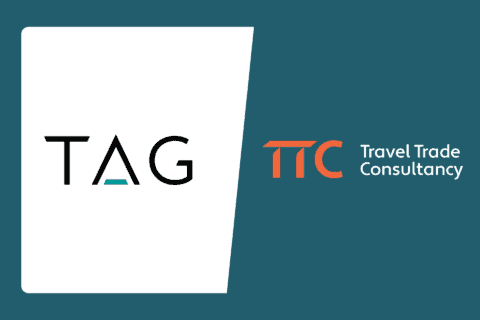This week, the CAA published its long-awaited summary of responses to last year’s consultation on changes to the ATOL framework. We’ve picked the bones out so you don’t have to. Here are 10 things we learned:
- The consultation received a whopping 305 responses – way more engagement than any of their previous consultations. This probably demonstrates the strength of feeling about the proposals, though it could also be because people weren’t getting out much in 2021.
- The respondent’s verdict on mandatory segregation of client money couldn’t have been clearer: “the majority of ATOL holders and the travel industry do not believe that the CAA should put in place mandatory segregation of customer monies”. Nuff said.
- Respondents were equally opposed to reintroducing mandatory bonding for all. They mainly cited the challenges of price and insurance market capacity.
- The preferred approach for the majority of respondents was a tailored approach allowing ATOL holders to choose their own combination of bonding and money segregation. Though the CAA stressed that most respondents “did not particularly agree” with any of the measures. So very much the best of a bad bunch.
- A majority of respondents favoured a variable ATOL Protection Contribution (APC) rather than the current flat-rate approach. However there was no consistent view on how it should vary, with some favouring a percentage of the holiday price, some favouring a link to business risk, and some suggesting some other method.
- The CAA formally ruled out introducing “Germany style” restrictions on how early travel companies can collect payments from their customers.
- Respondents who commented on how escrow accounts should work, typically suggested less than 50% of the money should be segregated. This is much lower than the 70% we’re currently used to seeing the CAA impose.
- The planned changes to ATOL agency agreements will go ahead, but they’ll be delayed to coincide with the wider reforms on customer money and APC.
- From late 2022, holders of Franchise and Small Business ATOLs (SBAs) will need to report and pay their APC quarterly instead of annually.
- The Online ATOL Certificate project, where CAA plan to build a central database of all protected bookings, remains on the backburner.
We expect the CAA to issue a second consultation in late 2022, setting out a final range of options.
If you would like to discuss how the suggested changes may affect your business please get in touch with a member of our team.
Join our newsletter
If you enjoyed this post, why not sign up to our newsletter? Get our latest blog posts, industry updates and exclusive content.
Sign up


